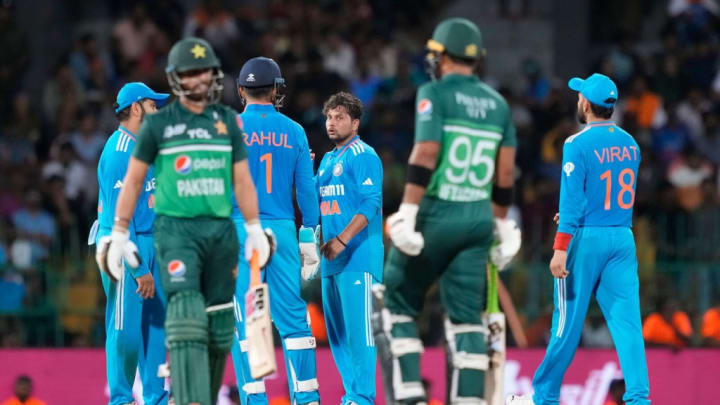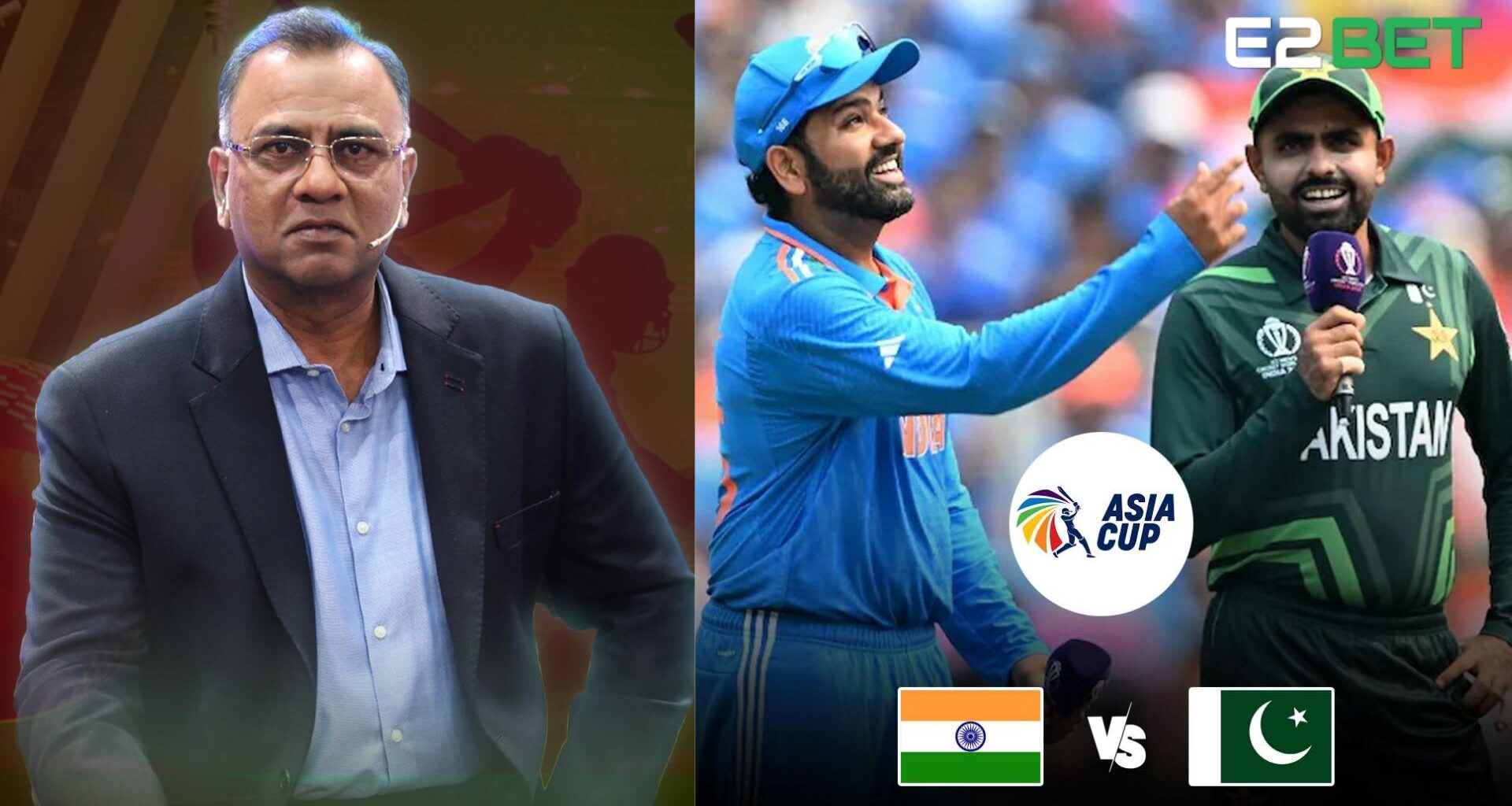Former Pakistani cricketer Basit Ali has sparked discussions ahead of the upcoming Asia Cup by suggesting that India should consider skipping their scheduled match against Pakistan. His comments stem from past instances when the Indian cricket team refused to play Pakistan in the World Championship of Legends due to ongoing conflicts, including tensions arising from the Pahalgam war. India had boycotted the match on two separate occasions, and Basit believes that a similar approach might be more suitable this time around. According to him, playing against a dominant Indian side while Pakistan is struggling could lead to further embarrassment for the team and its supporters. Basit’s viewpoint emphasizes the psychological and competitive pressures that come with facing India, especially when the Pakistani side is not in top form.
The Asia Cup schedule has India and Pakistan facing off in Dubai on September 14. If both teams progress to the Super Four stage and ultimately reach the final, they could meet two more times in the tournament. However, Basit points out that Pakistan’s cricket team is entering the competition after a disappointing ODI series against the West Indies, during which the players failed to perform up to expectations. According to him, the current form of Pakistani cricketers is not strong enough to face India without risking a heavy defeat, which could intensify criticism and public frustration back home. He stresses that while losing to other teams like Afghanistan may not be a major concern, a loss to India carries far greater significance and emotional weight for fans and the nation alike.

Speaking on the YouTube channel ‘The Gameplan,’ Basit expressed his hope that India would avoid the clash, saying, “I pray that India somehow doesn’t want to play against Pakistan in the Asia Cup. Just like they did in the World Championship of Legends. If they do, they will beat us so badly that you can’t even imagine.” His remarks underline the historical dominance of India over Pakistan in recent encounters and the psychological pressure it places on Pakistani players. Basit’s comments also reflect a protective sentiment, aimed at shielding the team from further humiliation while they attempt to regain form and confidence.
Basit elaborated further, highlighting the distinction between losses to different teams. He stated, “If Pakistan loses to Afghanistan, it’s fine. But they can’t lose to India. Even if we lose to Afghanistan, the people of the country will not get anything. But if we lose to India, everyone will go crazy.” This statement underscores the cultural and emotional weight of India-Pakistan cricket matches. For many fans, a loss to India is seen as more than just a sporting defeat—it carries symbolic significance and can trigger widespread disappointment across the nation. Basit’s cautionary advice is thus not just about the players’ performance but also about managing national sentiment and the expectations of millions of fans who closely follow these high-profile encounters.
In conclusion, Basit Ali’s suggestion for India to consider skipping the Asia Cup clash against Pakistan is grounded in both the current form of the Pakistani team and the historical context of India-Pakistan matches. With the Pakistani squad struggling after recent series losses and facing immense pressure from fans and media, Basit believes that avoiding a direct confrontation with India might prevent further embarrassment and allow the team time to rebuild confidence. His remarks remind cricket followers of the intense emotional and cultural significance of India-Pakistan cricket and highlight the delicate balance teams must strike between competition, pride, and preparation ahead of major tournaments.
